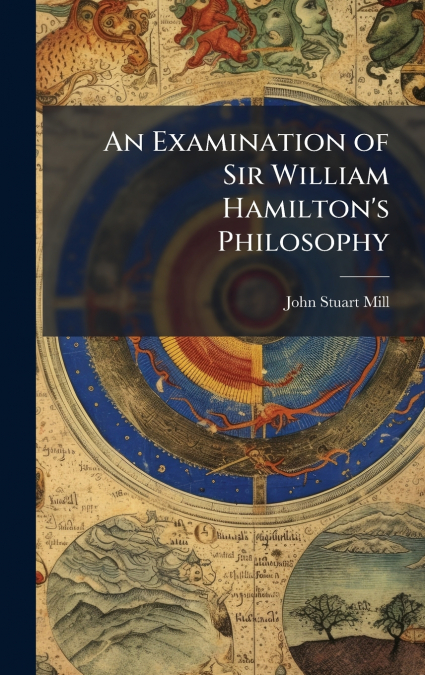
John Stuart Mill
In 'An Examination of Sir William Hamilton’s Philosophy,' John Stuart Mill offers a critical analysis of the philosophical contributions of Sir William Hamilton, a prominent Scottish philosopher. This meticulous examination delves into the core of Hamilton’s philosophical framework, dissecting his theories on logic, metaphysics, and epistemology. Mill, a leading figure in empiricism and utilitarianism, scrutinizes Hamilton’s ideas with rigorous precision, offering alternative perspectives and challenging the foundations of Hamilton’s thought. This work stands as a significant contribution to the history of philosophy, providing invaluable insights into the intellectual debates of the 19th century. Mill’s detailed critique not only sheds light on Hamilton’s philosophy but also illuminates Mill’s own philosophical positions, making it essential reading for scholars and students interested in the development of modern philosophical thought. 'An Examination of Sir William Hamilton’s Philosophy' remains a crucial text for understanding the evolution of philosophical discourse and its enduring impact on contemporary thought.This work has been selected by scholars as being culturally important, and is part of the knowledge base of civilization as we know it. This work was reproduced from the original artifact, and remains as true to the original work as possible. Therefore, you will see the original copyright references, library stamps (as most of these works have been housed in our most important libraries around the world), and other notations in the work.This work is in the public domain in the United States of America, and possibly other nations. Within the United States, you may freely copy and distribute this work, as no entity (individual or corporate) has a copyright on the body of the work.As a reproduction of a historical artifact, this work may contain missing or blurred pages, poor pictures, errant marks, etc. Scholars believe, and we concur, that this work is important enough to be preserved, reproduced, and made generally available to the public. We appreciate your support of the preservation process, and thank you for being an important part of keeping this knowledge alive and relevant.